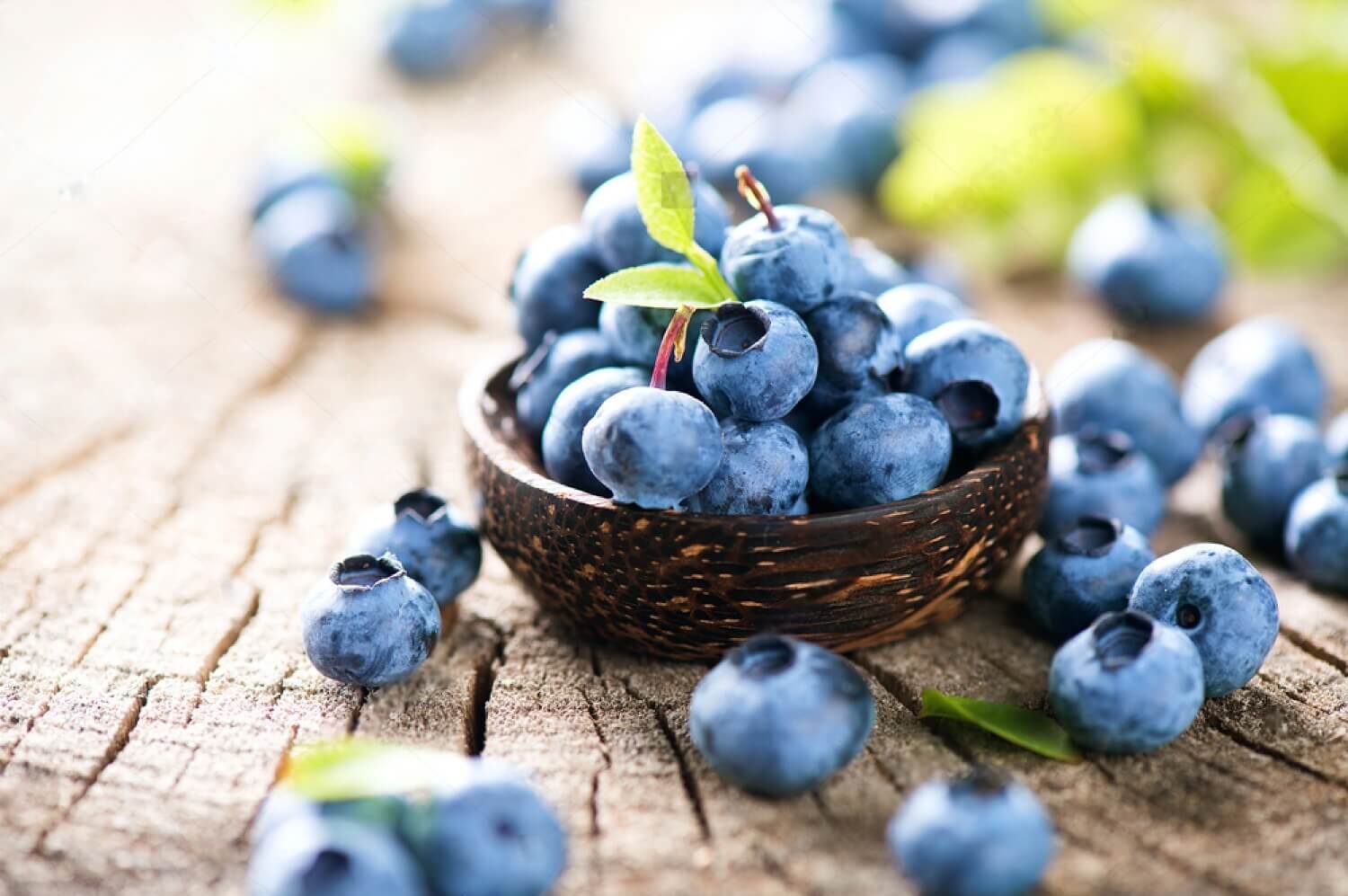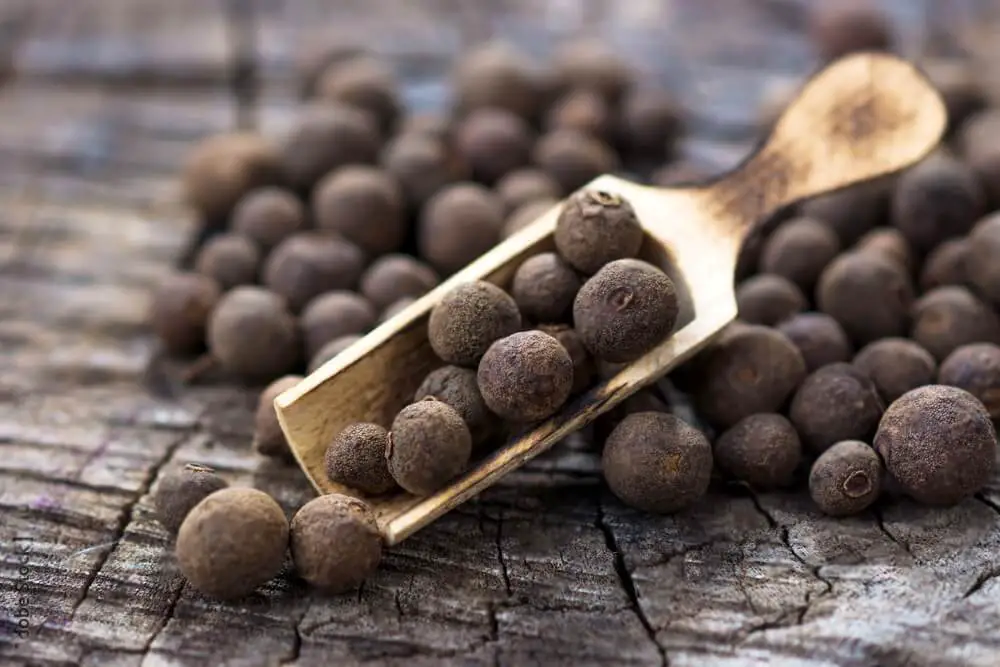Today, we’re diving deep into the juicy world of blueberries. You know those delightful little blue gems that burst with flavor in your mouth? Yep, those! But here’s the million-dollar question that might have crossed your mind at least once: Do blueberries go bad? Well, buckle up because we’re about to embark on a journey of berrylicious knowledge that’ll leave you craving for more.
The Life and Times of Blueberries
Alright, let’s kick things off with a quick crash course on the life cycle of blueberries. From the moment those plump berries are plucked from the bush, they’re on a mission to win hearts (and taste buds!). Freshly harvested blueberries are a sight to behold – vibrant, firm, and ready to make their way into your morning yogurt, pancakes, or muffins.
But, like all good things, blueberries have their limitations. They’re not superheroes, after all! As time goes by, these little wonders do start to show signs of aging. It’s not that they turn into villains overnight, but they might not be as perky as they once were.
How can I tell if blueberries are bad?
So, how do you tell if your blueberries are past their prime? Let’s take a gander at some telltale signs that might just help you crack the code:
Wrinkled Skin: Just like humans, blueberries develop wrinkles as they age. If you notice the skin starting to shrivel, it’s a sign that these berries might be on the downward slope.
Mold Invasion: Mold – the unwelcome guest at any food party. If you spot any fuzzy invaders taking over your blueberry colony, it’s a surefire sign that they’ve overstayed their welcome.
Color Concerns: Keep an eye out for any shifts in color. The presence of bruises or a deepening of hues could be clear indicators that your blueberries are past their prime.
Off-Putting Odors: Trust your nose on this one. If your blueberries give off a funky smell, it’s time to bid them farewell. Fresh blueberries should smell sweet and inviting, not like they’re auditioning for a science fiction movie.
Texture Trouble: Pop a blueberry in your mouth. If it feels mushy instead of delightfully juicy, you might be dealing with a berry past its prime.
Juice Alert: Take note of any excess juices pooling in the container or bowl. This excess liquid can be a sign that your blueberries have bid adieu to their freshness.
How can I make blueberries last longer?
Now that we’ve established that blueberries, like all good things, have an expiration date, you might wonder: is there a way to delay the inevitable? Absolutely! Here are a few tricks to keep your blueberries fresher for longer:
Chill Out: As soon as you bring those blueberries home, give them a spa day in the refrigerator. A cool environment can slow down the aging process and buy you some extra time with your berry buddies.
Hands Off!: Avoid rough handling. Treat your blueberries like royalty, and they’ll reward you with their juicy goodness. Rough handling can lead to bruising and premature aging.
Wash and Wait: Hold off on washing your blueberries until you’re ready to devour them. Extra moisture can speed up the decaying process. You can also use vinegar to wash them, it helps keep them in tip-top shape.
Embrace the Freeze: Embrace your inner frost wizard and freeze those blueberries! It’s like giving them a cozy winter vacation. Just make sure you’re starting with ripe blueberries – those are the chosen ones for the freezing escapade.
Ripe Choices: It’s all about the right selection. When you’re at the store, channel your inner blueberry whisperer and pick out the ripest ones. They’re your secret allies in the quest for prolonged berry glory.
Tuck Them In with a Paper Towel: As you store them in a container, give them a cozy bed – well, in the form of a paper towel. This nifty trick helps to soak up any excess moisture, preventing unwanted early aging.
Fridge Love: Find them a prime spot in the fridge where they can breathe easy. Proper circulation of air is key, so don’t tuck them away in some corner where they’ll feel left out.
How long do blueberries last?
Alright, let’s tackle a question that’s been on your mind: “How long do blueberries last?” Now, remember, we’re talking about fresh blueberries here, not their frozen counterparts.
On average, fresh blueberries have a shelf life of about a week. But here’s the catch – it depends on how they’re stored. If you’ve been following our chilling advice and keeping them in the fridge, you might stretch that to 10 days. If you’re living on the wild side and leaving them out on the counter, you’re looking at more like 3-5 days.
Can You Freeze Blueberries?
If you’ve bitten off more blueberries than you can chew, don’t fret! Freezing is your superhero cape in this berry tale. Blueberries freeze remarkably well, and they’ll retain their flavor and nutritional goodness.
Here’s the drill:
- Wash: Give your blueberries a gentle rinse and let them dry completely.
- Spread: Lay them out on a baking sheet in a single layer, making sure they’re not touching.
- Freeze: Pop the baking sheet into the freezer until the berries are solid as ice.
- Bag ‘Em: Transfer the frozen berries into an airtight bag or container. Don’t forget to label and date it!
- Back to the Freezer: Return the bag to the freezer and pat yourself on the back – you’re now a blueberry preservation pro!
How do I choose ripe blueberries?
When you’re out on a blueberry shopping spree, handpicking ripe berries becomes a secret weapon to extend their freshness once they land in your kitchen. If, by chance, you snag a batch that’s already starting to go south, you’re in for a speedy spoilage session once you’re home.
Here’s the drill: Opt for blueberries that boast a deep, enchanting blue hue and show no signs of unsightly discoloration. While you’re at it, give the container a quick once-over to ensure there’s no sneaky mold or squishy berries lurking within. Steer clear of those culprits, alright?
Let’s talk colors! Green or red blueberries are not your go-to pals here. These hues are a telltale sign of unripeness and they’ll pack a punch of tartness that might not be your cup of tea. On the flip side, aim for those beauties that are round and bursting with health. Your ultimate blueberry companion is the one that looks like it’s ready to take on the world – or your cereal bowl!
Can I eat blueberries that have gone bad?
Feasting on blueberries that have taken a turn for the worse? Definitely not a wise move. Moldy ones? Oh boy, that’s a no-go zone. Consuming mold can set off a rather unpleasant symphony of nausea, vomiting, and a dance with diarrhea – not exactly the soirée you had in mind.
But wait, there’s more. Moldy mischief can also lead to allergic reactions that might turn your evening into a sniffly, sneezy affair. And if that’s not enough, brace yourself for potential respiratory hiccups that could leave you wheezing and wishing you’d given those moldy blueberries a wide berth.
In a Nutshell
So, to wrap up our juicy investigation – do blueberries go bad? Well, yes, eventually. But armed with the knowledge of the signs of aging, proper storage techniques, and the freezing method, you can savor the sweetness of these little blue wonders for longer.
Remember, even though blueberries have an expiration date, the memories of their burst of flavor and vibrant color will linger on. So go ahead, stock up, enjoy, and freeze a batch for later – your taste buds will thank you!
And there you have it, folks! The berry saga of a lifetime. Until next time, keep those blueberries chilled, your recipes creative, and your cravings insatiable. Happy berry hunting!



